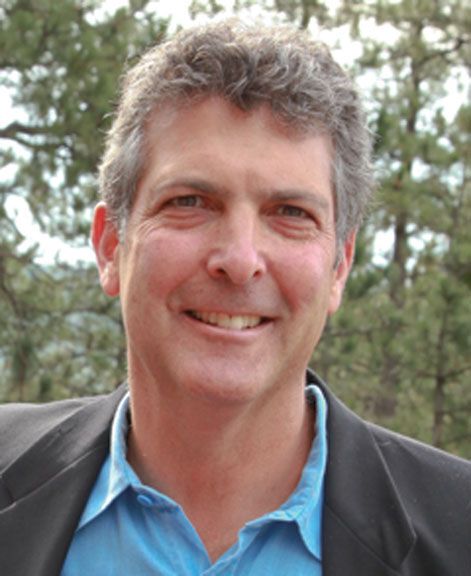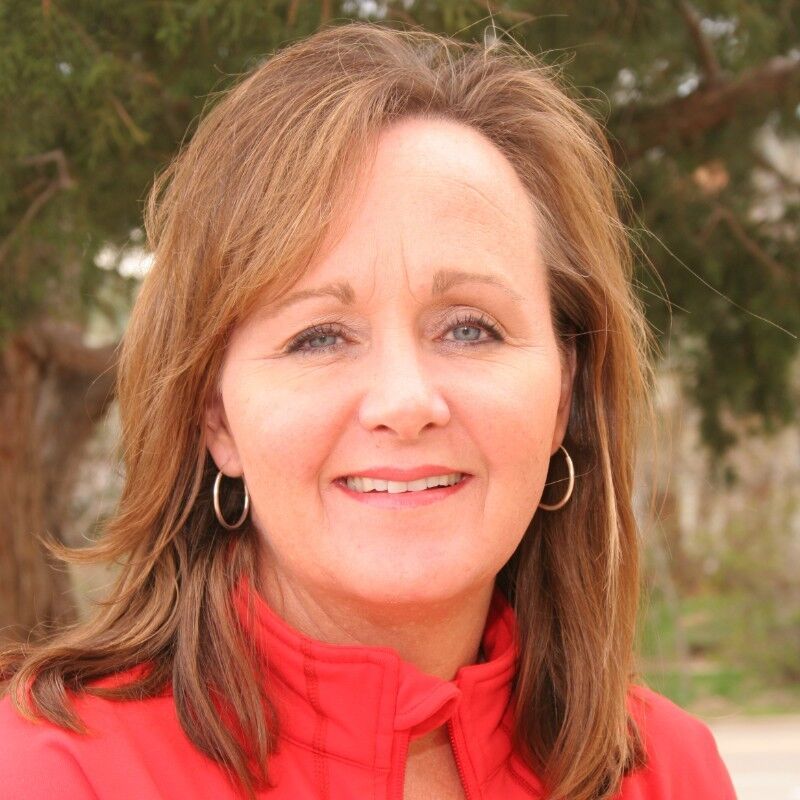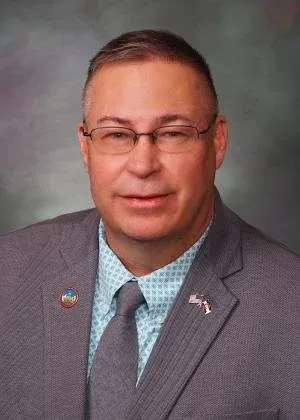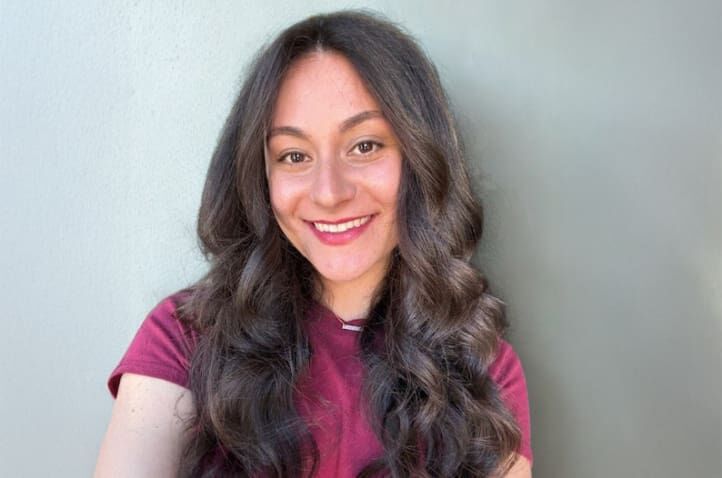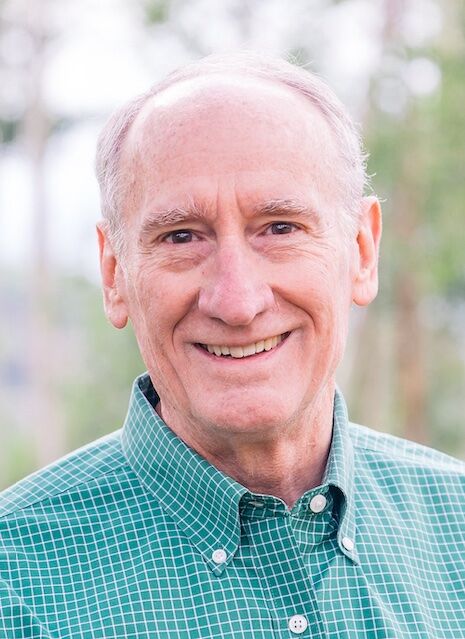Republicans in the Senate chose the path of obstruction
I have not been shown a copy of the post-special session essay penned by a Republican to serve as a counterpoint to this one; I don’t even know who’s writing it. But I can just about guarantee that it includes something along the lines of, “I took an oath to uphold the Colorado Constitution” and claims that the Constitution demands that the measure before us in the special session could only be addressed by a vote of the people of our state.
I also took an oath to uphold the Colorado Constitution. No legislator voting yes or no on the bills presented during the special session was violating his or her oath.
Moreover, the highest authorities on what our Constitution says and means are the Colorado Supreme Court and the Colorado Court of Appeals. The fix we proposed is firmly in line with precedents established by these courts. Arguments that the Constitution requires something different are based on personal opinion, not actual case law.
I’ll explain. But first, some background:
Gov. John Hickenlooper called a special session of the legislature this week for the sole purpose of fixing an unintended drafting error in SB17-267, a critical bill passed late in the 2017 regular session. The bill, which had broad bipartisan support, saved hospitals from more than half a billion dollars in budget cuts that would have reduced access to health care, especially in rural Colorado.
But in what the bipartisan sponsors of SB17-267 have agreed was a completely unintentional drafting oversight, the bill cut special districts off from being able to collect revenue from retail marijuana sales.
The biggest special district affected by this glitch is the Regional Transportation District in the Denver metro area. Its revenue shortfall of $500,000 a month may force service reductions affecting 4,500 to 5,000 riders.
But this is not just a Denver metro issue. The glitch impacts special districts serving Coloradans across the state: the rural transportation authorities in the Pikes Peak region, Gunnison County, the Roaring Fork Valley and San Miguel County, plus a housing authority in Summit County and the hospital district in Montezuma County.
People in all these areas stand to lose services. Every week that this issue remains unresolved, it means more lost revenues for these organizations – revenues that they won’t get back.
I think we can all agree that Coloradans shouldn’t have to suffer service reductions or fare increases because of an unintended drafting oversight.
We came back to the Capitol to correct the mistake as quickly and efficiently as possible. We crafted, and I sponsored, a bill that was constitutionally sound, and we passed it out of the House.
But Republicans in the Senate chose the path of obstruction. They argued that even though the legislature mistakenly exempted the voter-approved sales tax on marijuana, the state Constitution requires another round of voting.
That’s incorrect. Rulings by our state’s highest courts firmly establish the legislature’s ability to make a fix like this.
In a 2016 case directly applicable to the special session, the Court of Appeals set a high bar for what constitutes a “new tax” or a “tax policy change” under the Constitution. That decision reinforced Supreme Court rulings from 2008, 2009 and 2011.
Restoring a tax that was suspended by mistake falls far short of meeting those standards. Long story short, the Colorado Constitution does not prevent us from fixing mistakes.
I’ve been asked many times: Even if the Constitution doesn’t require it, why not go to the ballot anyway?
For one thing, it costs a lot of money to go to the ballot. When funding for the Scientific and Cultural Facilities District went before the voters in 2016 (and passed overwhelmingly), the SCFD had to pony up $911,000 to pay for the election. That’s nearly a million bucks that won’t be going to support voter-approved services. Costs likely would be proportionally higher for smaller districts and higher still if the election were not combined with a general election.
The next general election is 13 months away. If these special districts have to wait that long, they’ll have to pay election expenses while continuing to lose revenue in the meantime, forcing deeper cuts to programs, services and/or staff.
Voters have consistently approved marijuana taxes. And the local voters who are benefiting from the services dispensed by special districts have already agreed to tax themselves to support their special districts.
It’s deeply disappointing that some legislators used this special session as an opportunity to ingratiate themselves with right-wing special interests and defy the will of the voters, when what they should have done – and what they were elected to do – is solve problems for their constituents.



